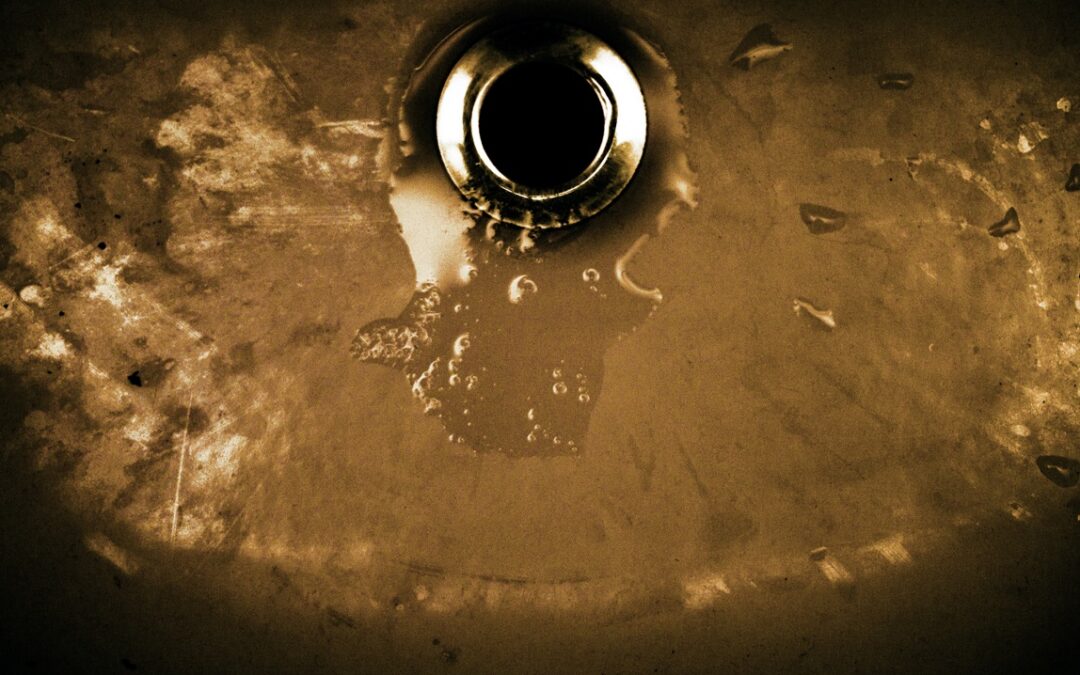Dealing with blocked drains can be an unpleasant, time-consuming, and often expensive experience. Luckily, as per experts like The Relining Company there are steps you can take to help prevent them from happening altogether – by being proactive and adopting good habits, you could potentially save yourself the trouble and expense associated with blocked drain repair. In this blog post we will offer various strategies and tips for helping prevent blocked drain repairs altogether.
Use Drain Screens or Strainers
An inexpensive and straightforward way to prevent blocked drains is through the use of drain screens or strainers, which can be placed over drains in your kitchen sink, bathroom sink and shower to catch debris such as food scraps, hair and soap scum before it enters your pipes – thus decreasing your risk of blockages.
Dispose of Cooking Grease Properly
Pouring cooking grease down the drain is an unwise practice that could potentially cause blockages in your pipes over time. To avoid this situation, collect cooking grease in a container before disposing it either by trash collection or recycling if possible; alternatively use absorbent materials like paper towels to wipe any pans that might become greasy before washing them out.
Avoid Flushing Non-Biodegradable Items
Toilet blockages can often be caused by flushing non-biodegradable items down the toilet, such as wipes, cotton balls, feminine hygiene products and dental floss – only human waste and toilet paper should ever be flushed! Items like wipes, cotton balls, feminine hygiene products and dental floss may clog pipes quickly so should be thrown out instead.
Regularly Clean Your Drain Traps
Another key preventive measure involves regularly cleaning your drain traps. Drain traps are U-shaped pipes found beneath sinks and bathtubs which catch debris that prevents it from entering pipes. To do so, to do it simply follow this procedure:
- Place a bucket or container beneath the trap to collect any water or debris that enters.
- Slightly loosen any nuts securing the trap with wrench or pliers
- carefully unbolt it from its position and cleaning out thoroughly
- Reassemble to ensure a good seal.
Garbage Disposals
Are Convenient Kitchen Appliances, But Using It Correctly Is Essential While garbage disposals can be useful kitchen tools, improper use could lead to blockages. Avoid dropping large food scraps such as bones or coffee grounds into the disposal and use cold water while running it and afterward for several seconds as part of its flush cycle in order to flush away debris and prevent blockages.
Regularly Maintain Outdoor Drains
Outdoor drains such as those in your gutters and around your property can become clogged with leaves, dirt and debris over time, so regular inspection of these drains to make sure they remain operating as intended is key for their functioning properly. Consider installing gutter guards to stop leaves and other debris from collecting in your gutters in the first place!
Install a Backflow Prevention Valve
A backflow prevention valve can be an invaluable addition to your plumbing system, helping prevent backflow sewage from flowing back into your home during a sewage backup, potentially leading to blockages and contamination. Consult a professional plumber in order to assess if one would be suitable for your property.
Scheduling Regular Inspections and Maintenance For Your Plumbing
Scheduling regular inspections and maintenance checks on your plumbing system is one way to stay ahead of potential blocked drain issues. A licensed plumber can identify potential issues before they escalate into more serious ones; additionally they may perform maintenance such as hydro-jetting to clear buildup in pipes.
Consider Utilizing Biological Drain Cleaners
Biological drain cleaners use natural enzymes to break down organic material in drains and prevent blockages, making them far less damaging to plumbing and the environment than chemical-based cleaners. Regular use of biological cleaners will ensure smooth-flowing drains.
Educate Your Family
Knowledge and good habits among household members can go a long way toward avoiding blocked drains. Make sure everyone understands the rules when it comes to plumbing; regularly remind family members about using screens or strainers, disposing of waste appropriately, and not flushing non-biodegradable items down their toilets.
Conclusion
Preventing blocked drains is both cost-effective and timesaving, saving both stress and money by adopting preventive measures and instilling good habits within your household. By taking proactive steps toward maintaining a smooth-running plumbing system, proactive drain maintenance may save both hassle and expense of blocked drain repairs.

Recent Comments